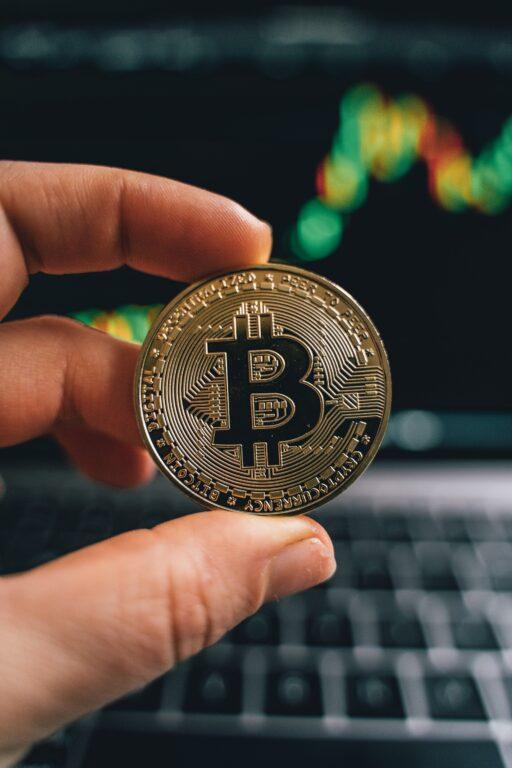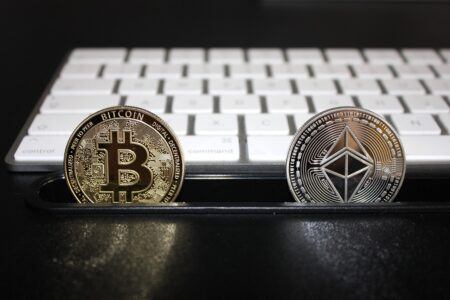Oystein Olsen, the governor of Norges Bank in Oslo, the central bank of Norway, recently explained why he does not believe that Bitcoin could one day replace money issued by central banks.
According to a report published by Bloomberg, he said during a phone interview that Bitcoin is “far too resource-intensive, far too costly and most importantly, it doesn’t preserve stability.” He then added:
“I mean, the basic property and task for a central bank and central-bank currency is to provide stability in the value of money and in the system, and that is not done by Bitcoin.“
The central bank governor’s comments on Bitcoin come shortly after one of the country’s most prominent businessmen, Kjell Inge Rokke, endorsed the cryptocurrency and argued it will be on the “right side” of monetary history.
Interestingly, earlier this month, Norwegian industrial giant Aker ASA announced that it had “established Seetee AS (‘Seetee’), a new company dedicated to investing in projects and companies throughout the Bitcoin ecosystem.”
In its letter to shareholders, Norwegian billionaire businessman Kjell Inge Røkke, who is the Chairman of Aker said:
“I want to state upfront that I am aware that Bitcoin is often criticised for a number of perceived challenges, including its electricity consumption, its inability to scale with respect to transactions, and its potential to facilitate anonymous illegitimate payments. We believe that Bitcoin can be a solution rather than a problem for each of those.“
He then explained why Aker had decided to get into the Bitcoin space:
“Aker’s decision to enter Bitcoin through Seetee is the result of a long and fundamental discussion about value. I have been drinking from the firehose since last summer. While this letter is my way of expressing my thoughts on the matter, my insights are largely derived from reading articles and books, listening to podcasts and watching videos, as well as conversations with people around me.“
He then went on to say that Aker had decided that not investing in Bitcoin would be the riskiest decision:
“Risk is not an obvious concept. What’s commonly considered risky is frequently not. And vice versa. We are used to thinking that cash is risk free. But it’s not. It’s implicitly taxed by inflation at a small rate every year. It adds up. Central bankers have magically agreed that they should target two percent inflation, which implies that one third of your money’s worth is taxed away every twenty years. If it was three percent, almost half of it would be gone in that time.“
He later added:
“We believe bitcoin is going to be on the right side of history. But we should remind ourselves that some will resist forcefully: Norway was the last country in Europe to adopt colour tv in 1972, several years after the technology was available.“
Matt McDermott, global head of digital assets for Goldman Sachs Global Markets Division, has recently said there’s “huge” institutional demand for the flagship cryptocurrency across different industry types.
As Bitcoin’s adoption grows, Bloomberg points out central banks are racing to respond to widespread cashlessness by developing central bank digital currencies (CBDCs). The Deputy Governor of Norges Bank, Ida Wolden Bache, said back in November the country has become the world’s most cashless country, with 4% of payments being conducted with banknotes and coins.
Wolden has reportedly said that Norges Bank’s CBDC goal is to allow users to “be able to pay efficiently and securely in” the Norwegian kroner. The CBDC will “not change private sector credit intermediation.” Olsen, addressing bitcoin, added:
I don’t think at the end of the day it will be a threat to central banks. Although some people talk about that.
Some analysts, on the other hand, believe Bitcoin could be a solution to upcoming problems in the market. Former hedge fund manager Jim Cramer said during a recent interview that the best way to prepare for the upcoming post-Covid “boom” is to buy Bitcoin.
Featured image via Pexels.








